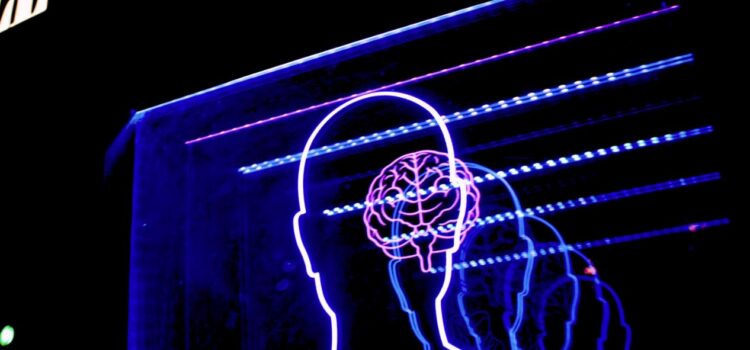What is action bias? Is being action-oriented a good thing? Action bias is the tendency to take action rather than waiting for a better opportunity or more information. While the bias towards action is better than procrastination, it may lead to hasty and reckless decisions. Here’s why bias towards action can sometimes do more harm than good.
How Bias Towards Action Can Lead to Recklessness










